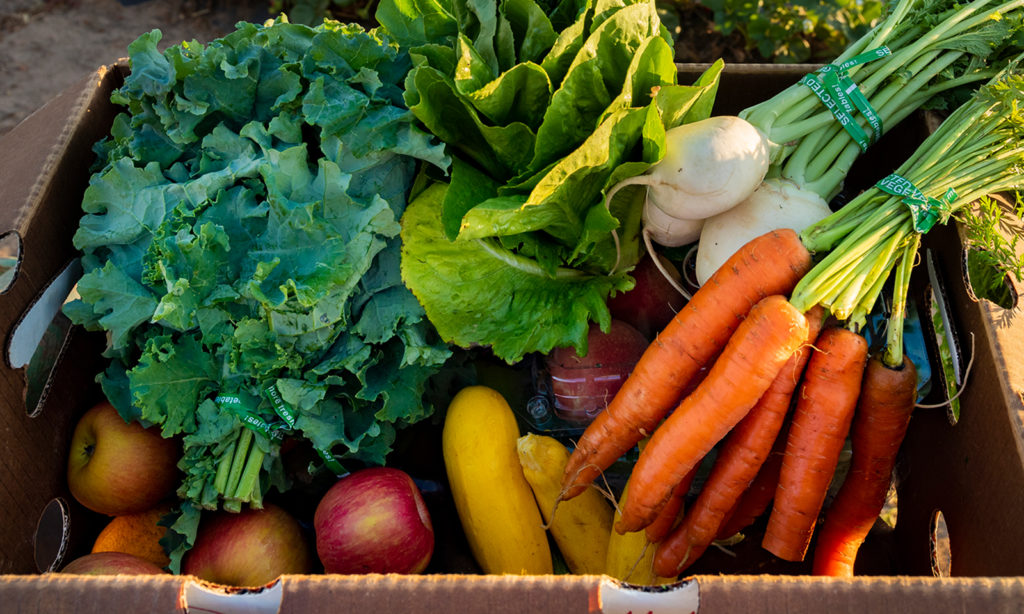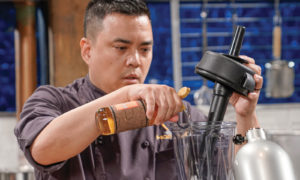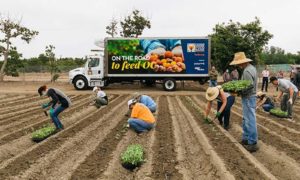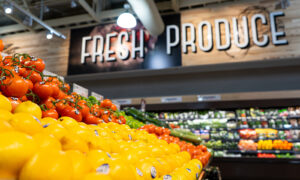
Diet and nutrition play a critical role in determining immune health, and a few modifications can improve both your resistance to, and recovery from, infection. Try these five tips.
1. Measure your waist
Our waist circumference is a good indicator of metabolic health and, in turn, our susceptibility to severe infections. Carrying excess abdominal weight is a major factor predicting poor outcomes in patients with COVID-19. Healthy eating and regular exercise will help improve our immunity by reducing inflammation. A healthy waist circumference is less than 35 inches for women and less than 40 inches for men.
2. Back to basics
Consuming a variety of vegetables and fruit provides vitamins, minerals and phytonutrients, which the body needs to support detoxification, reduce inflammation, and strengthen the immune system against infection. Aim to “eat the rainbow” of fruit and vegetables to benefit from the complete range of protective factors they provide.
3. The power of protein
Adequate high-quality protein provides the amino-acid building blocks for immune cells to mount an appropriate attack on invading pathogens (viruses, bacteria) and reduce the risk of severe side effects if we do fall ill. Many protein-rich foods contain the immune-boosting mineral zinc. Consuming two 4-ounce servings of protein-rich foods each day will support immune functioning.
4. Spice up your life
Many herbs and spices – such as ginger, turmeric, garlic, oregano, rosemary and chili pepper – have potent, anti-inflammatory and immune-boosting properties. Many plant foods and teas contain flavonoids that have anti-viral properties. Quercetin, a flavonoid found in onions, capers, dill, oregano and broccoli, may be particularly beneficial for fighting viruses that affect the respiratory tract.
5. Resist temptation
The foods we avoid are just as important as those we consume. Eating sugary foods (candy, soda, cookies) and processed, starchy foods (white bread, fries, pastries) elevate blood-sugar levels, which suppress the immune system and increase the risk of severe viral reactions. They are best avoided to protect our immune and metabolic health.
Karen Lindsay, Ph.D., RDN, is a registered dietitian at the UCI Susan Samueli Integrative Health Institute.









